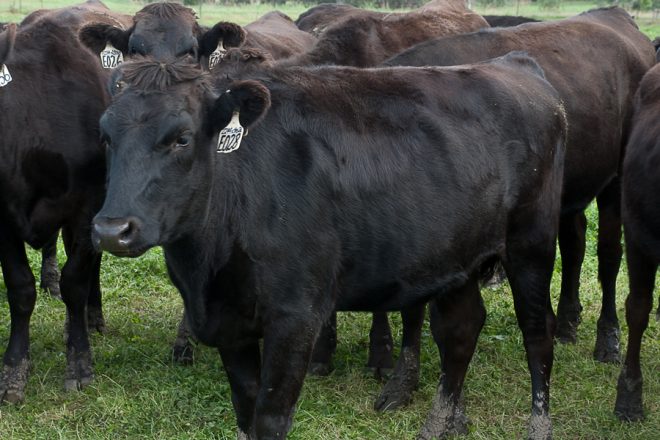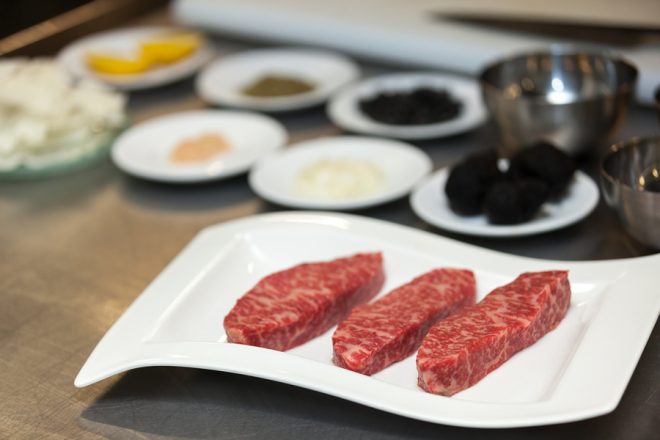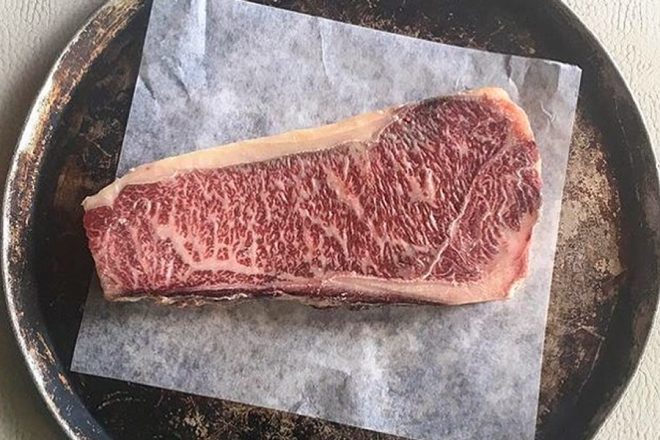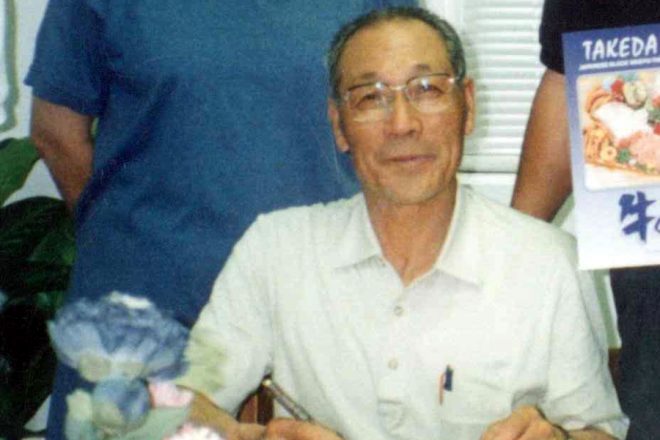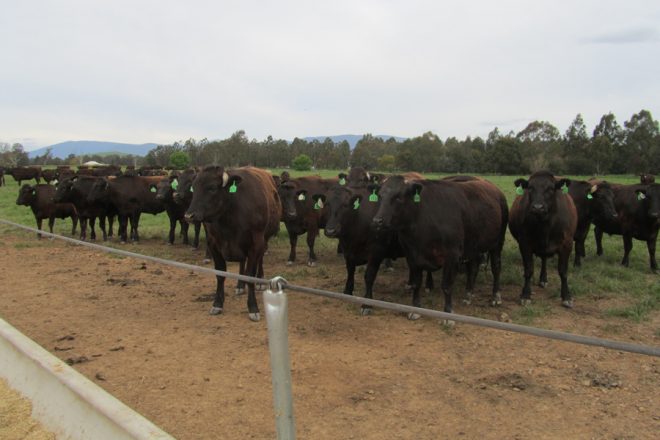WHAT IS WAGYU?
Wagyu (pronounced ‘wag-you’) is a breed of cattle native and unique in their genetics to Japan.
The Japanese word Wagyu can be translated to mean Japanese beef – as ‘wa’ means Japanese and ‘gyu’ means beef. These cattle are vigilantly guarded by Japanese farmers who have inherited the genetics from their ancestors and see it as their duty to protect this natural treasure for future generations.
The three most famous breeding strains – Tajima from Hyogo Prefecture, Itozakura from Shimane Prefecture, and Kedaka from Tottori Prefecture – in Japan.
Wagyu beef is highly marbled, meaning that the muscle is finely interspersed with monounsaturated fat. This marbling gives the beef its “melt in the mouth” moisture and tenderness. When cooked, the marbling is absorbed into the muscle and gives the meat its tenderness and flavour.
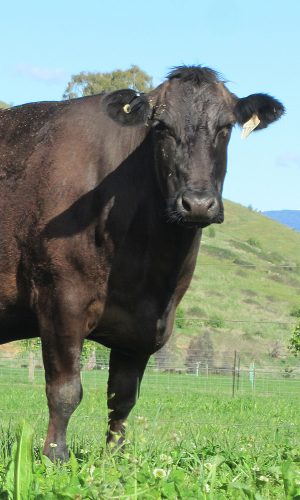
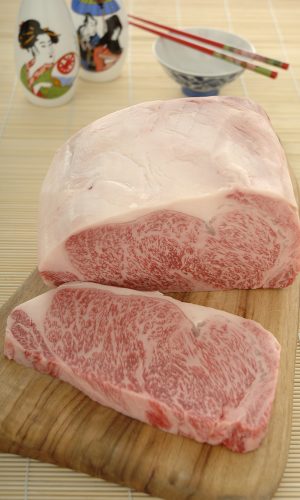
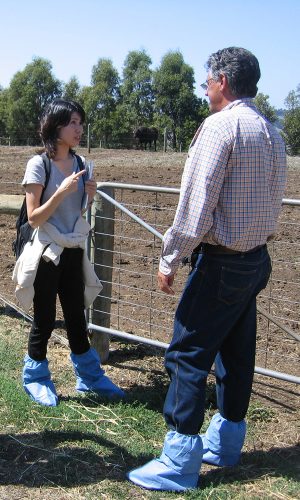
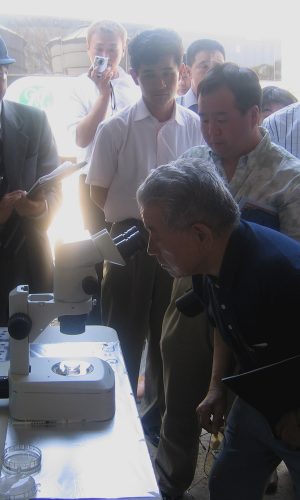
HOW WAGYU COME TO AUSTRALIA
In 1988, David Blackmore discovered two purebred Wagyu females at a research facility (Granada) affiliated with Texas A & M University in the United States. The sire lines had been exported to the USA for research into meat quality in 1976.
In 1992, during trade discussions between the Japanese government and the US government it was decided to allow the first ever, live Fullblood Japanese Wagyu females to be exported out of Japan. Through his strong relationship with Japanese Wagyu breeders, David Blackmore secured the exclusivity of these genetics and imported a large number of embryos and semen into Australia for Australian clients. The largest group of cattle belonged to one of Japan’s premier breeders Mr. Shogo Takeda.
The cattle are known as Japanese Fullblood and are recognized around the world as the only cattle containing no introduction of inferior genes.
From 1992 to 2006, David Blackmore has imported more than 80% of the Japanese Fullblood Wagyu genetics into Australia and has produced his own 100% Japanese Fullblood Wagyu cattle herd with more than 3000 animals.
THE DIFFERENCE TO OTHER BEEF
The quality and flavour of Wagyu meat is different from any other type of beef. Some may describe the beef as having a smooth caramel/buttery flavour that is intensely sweet and delicate. This tenderness and flavour results in 100% Fullblood Wagyu delivering an unparallelled eating experience.
Characteristically, Wagyu beef is highly marbled. This means that the muscle is finely interspersed with fat that is an ‘intra-muscular’ deposit of energy. This marbling has been found to contain monounsaturated fats, and research has shown that these fats can assist in reducing cholesterol levels in the body.
When cooked, the marbling is absorbed into the muscle and gives the meat its texture, tenderness and flavour. The marbling reappears once the meat is cooled. The monounsaturated fatty acids have a very low melting point, which results in the beef literally ‘melting in your mouth’.
Prior to Wagyu entering the Australian market, the Australian meat grading system was 0 to 6, with the best of the Australian breeds including Angus, averaging approximately 2. Since the introduction of Wagyu into Australia, the Australian grading system has been increased to 9.
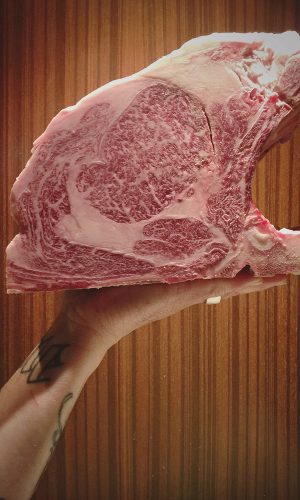
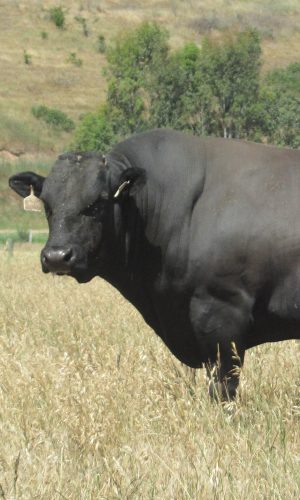
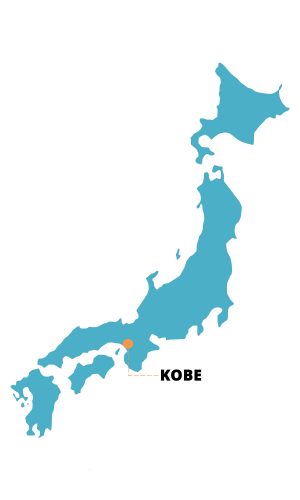
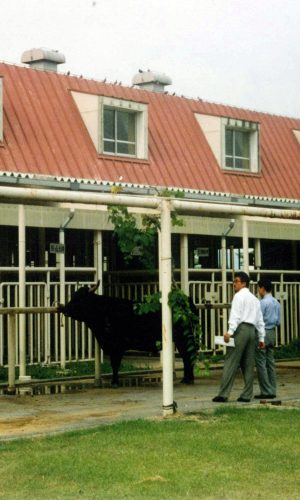
WHAT IS KOBE BEEF?
Kobe is a region within the Hyogo Prefecture, and is undeniably famous for its Wagyu beef.
The Kobe Beef brand uses the Wagyu breed of animal to produce its famous beef, exclusively using the Tajima bloodline. Only the highest quality Wagyu produced in this region has the privilege to be sold under the Kobe Beef brand name.
Authentic Kobe Beef only comes from the Hyogo Prefecture in Japan.
However, the Kobe name has been used commonly to describe different Wagyu brands and products. Unfortunately, like Brie, Camembert and Cheddar in the cheese world, the name Kobe is not currently protected.
PRESENTED BY DAVID BLACKMORE
FEATURED ARTICLES
Beer and Massage for Japanese Beef
Say the words, “Kobe beef”, and an image of unbelievable tender, juicy and highly marbled beef comes immediately to mind. … Read More
Fatty Acid Composition of Wagyu Beef
Marbling and youthfulness are the primary factors which determine beef carcass quality grades in the U.S. In Japan, beef quality … Read More
Wagyu is Lean Beef
In the early 90’s, the Australian Meat and Livestock commission started promoting Lean Beef, and so successful was this campaign … Read More
Japan’s Premier Breeder: Shogo Takeda
Over a period of 25 years, Takeda isolated and concentrated on bloodlines which offered greater economic value. He wanted a … Read More
The Australian Wagyu Industry
What stage is Wagyu beef production at in Australia and how will it impact on the Japanese beef industry and … Read More
Revolution in the Australian Industry
Blackmore Yadnaire has exclusivity to market Wagyu cattle from the foundation herd in the USA. The herd comprises animals of … Read More
